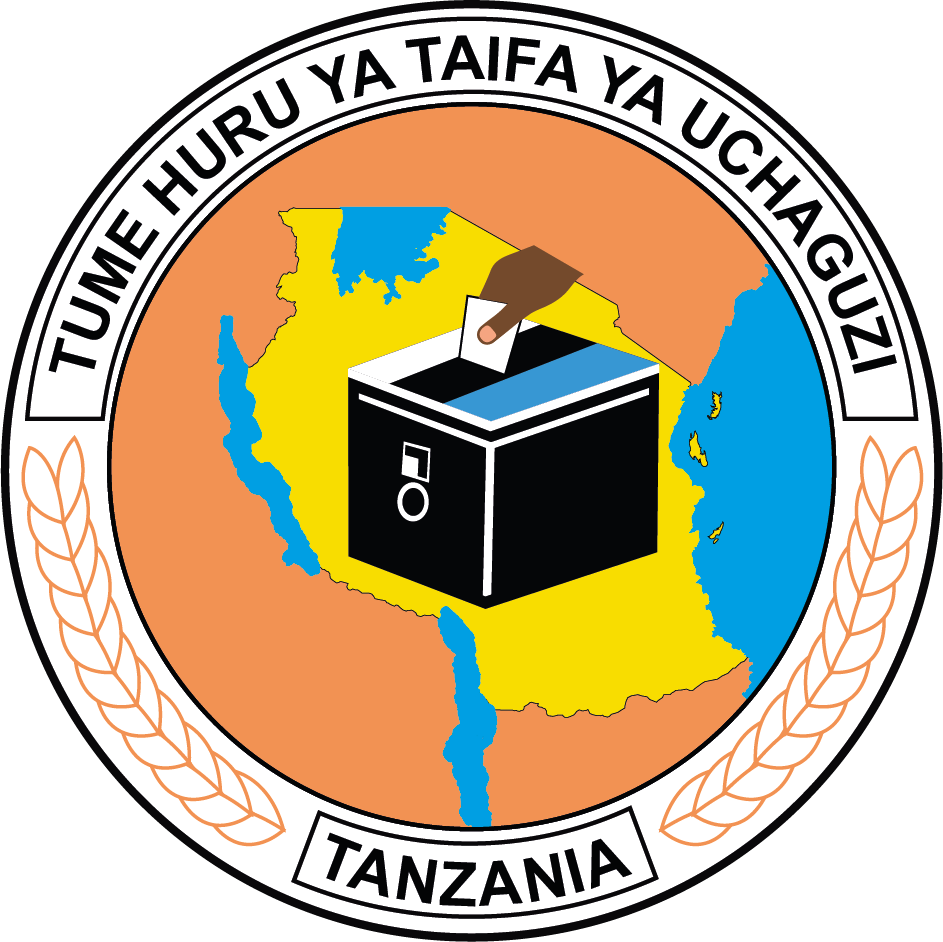80
Days
04
Hours
44
Minutes
36
Seconds
Introduction and Background
The Institute of Finance Management (IFM), Tanzania in collaboration with the University of Zambia's Graduate School of Business (UNZA-GSB), Zambia, is pleased to announce the 2nd International Annual Conference (IAC). The conference will be held on 19th August 2025 in Dar es Salaam, Tanzania. Established in 1972, IFM is a public institution of higher learning in Tanzania. Its counterpart, the University of Zambia, was established in 1965, and stands as the country's oldest and leading institution of higher learning. Both institutions remain steadfast in their commitment to advancing knowledge, fostering cutting-edge research, and promoting policy innovation across Africa and worldwide.
Today's world is transforming rapidly, primarily driven by innovation and sustainability imperatives. These changes shape diverse spheres, including taxation, supply chains, employment, income distribution, human capital development, digital finance, governance, gender equity, and climate change. This conference aims to provide a dynamic platform for researchers, practitioners, and policymakers to present findings, engage in discussions, and co-develop actionable insights to shape policies and practices for a more innovative and sustainable future for Africa and globally.
Conference Sub-themes
The conference invites high-quality scholarly contributions that engage with the overarching theme's theoretical, empirical, and practical dimensions. The sub-themes outlined below are broadly conceived to attract diverse perspectives from academics, researchers, industry experts, policymakers, and postgraduate students across disciplines and institutions. Contributions addressing contemporary challenges and innovative solutions within the African and global contexts are encouraged. Areas of interest include, but are not limited to, the following thematic categories and sub-themes:
1. Digital Transformation, Financial Inclusion, and Innovation in Banking
Fintech innovations and financial literacy for inclusive finance and economic empowerment
Digital identity and mobile banking for underserved populations
Cybersecurity, data protection, and financial system integrity
Regulatory frameworks for digital financial services
Financial instruments for climate risk mitigation and adaptation
2. Trade Sustainability, Regional Integration, and Policy Reforms
Sustainable trade policy frameworks and cross-border cooperation
Institutional support for the African Continental Free Trade Area (AfCFTA) and regional value chains
Trade facilitation and customs innovation
Policy reforms to enhance competitiveness and export diversification
Logistics, food security, and value chains
3. Social Protection, Insurance, and the Sustainable Development Goals
Inclusive social safety nets and digital social protection delivery
Innovations in inclusive insurance and risk pooling mechanisms
Financing strategies for universal social protection
Climate change and adaptive social protection
Aligning social protection programs with SDG targets
Impact of technology, regulations and governance structures on insurance and social protection
4. Monetary Policy, Fiscal Management and Financial Management
Innovative fiscal strategies for economic stability and growth
Sustainable public debt management and transparency
Budget reforms and performance-based public expenditure
Public financial management for efficient service delivery
Innovative fiscal strategies for economic stability and growth
Digital taxation in Africa
5. Public-Private Partnerships (PPPs) and Public Services Delivery
PPP models for infrastructure and essential services
Legal, institutional, and financial frameworks for effective PPPs
Risk-sharing, value-for-money, and project sustainability
PPPs in healthcare, education, transport, and energy sectors
6. Strategic Communication, Media, and Information Management for Economic Transformation
Role of media in enhancing transparency and public accountability
Communicating fiscal reforms and economic policies
Financial literacy through mass media and digital platforms
Strategic information in budget processes and governance
Citizen engagement and participatory economic policymaking
7. Innovation in Education, Research, and Capacity Building
Pedagogical innovations and blended learning in business education
Strengthening research impact on policy and practice
Indigenizing curricula for local relevance and global competitiveness
Academic-industry collaboration for skills development and innovation
8. Corporate Governance, Ethical Leadership, and Sustainable Innovation in Africa
Strengthening institutions for ethical governance, anti-corruption, and innovation.
Promoting board diversity and ethical leadership for sustainable development.
Embedding Environmental, Social, and Governance (ESG) principles into corporate strategy and risk management.
Leveraging digital tools and internal audits for transparency and compliance.
Advancing sustainability reporting and CSR for inclusive growth.
Event Modality
The conference will be held in a hybrid format, with in-person sessions hosted at the Julius Nyerere International Convention Centre in Dar es Salaam and virtual participation available via an interactive online platform. Each accepted paper will be allocated an oral presentation slot. Sessions will be thematically organized to encourage dynamic discussions and engaging experiences for both physical and virtual audiences.
Publication Opportunity
Accepted and presented papers will be considered for publication in reputable peer-reviewed journals hosted by IFM and UNZA:
- African Journal of Finance and Management (AJFM) - IFM
- Journal of Innovation and Social Science Research (JISSR) -IFM
- African Social Research Journal - UNZA
All journal submissions will undergo an additional peer-review process and must comply with the individual journal requirements.
Registration Fee
| Category | Early Bird (by 10 July 2025) | Late Registration (after 10 July 2025) | ||
| Local Students (Tanzania/Zambia) | 100,000 TZS | 40 USD | 150,000 TZS | 60 USD |
| Local Non-Student | 350,000 TZS | 140 USD | 500,000 TZS | 200 USD |
| International Students | 400,000 TZS | 160 USD | 500,000 TZS | 200 USD |
| International Non-Students | 600,000 TZS | 240 USD | 800,000 TZS | 320 USD |
Contact & Enquiries
For questions or further information, please contact the Conference Secretariat:
conferences@ifm.ac.tz; austin.mwange@unza.zm
+255789777928; +260978695566

Contacts
P.O Box 3918, 5 Shaaban Robert Street
11101 Dar es salaam
+255 22 2112931-4
Fax : +255 22 2112935
rector@ifm.ac.tz
Related Links

Kujiandikisha kuwa mpiga kura ni msingi
wa uchaguzi bora